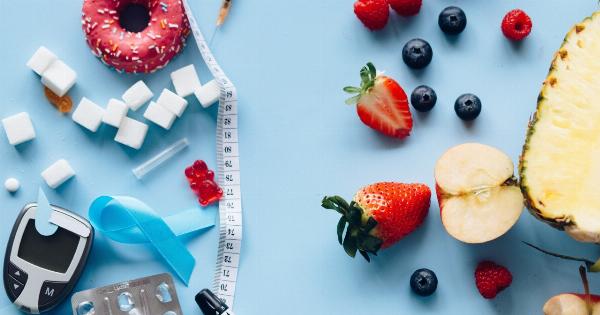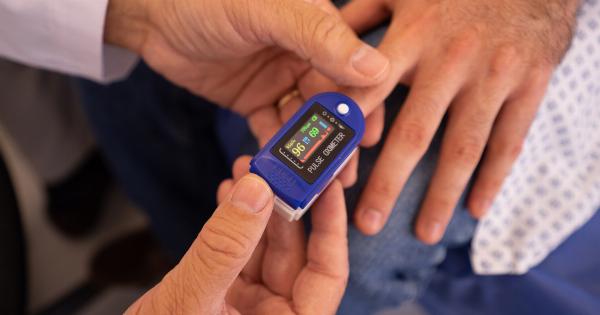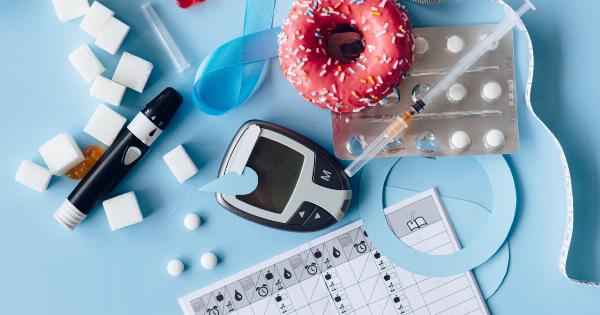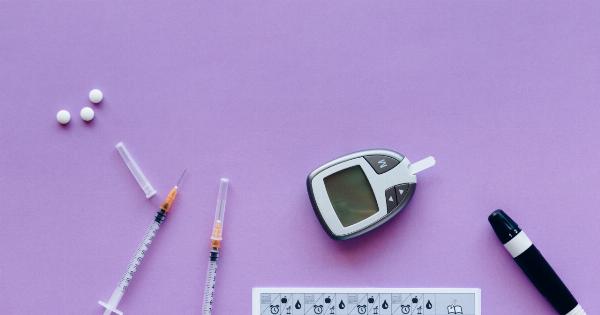Diabetes is one of the top health concerns in the world. It is a condition that affects millions of people worldwide with no cure. However, there are daily habits that can help with diabetes and make the disease manageable.
Exercise and Diabetes
One of the daily habits that can help with diabetes is exercise. Exercise has been shown to improve blood sugar control and increase insulin sensitivity.
This is because exercise helps your body use insulin more efficiently, which in turn lowers your blood sugar.
Regular exercise can also help with weight loss, which is especially important for those with type 2 diabetes. Maintaining a healthy weight can help with blood sugar control and reduce the risk of complications associated with diabetes.
Managing Stress and Diabetes
Stress is a part of daily life, but it can have a negative impact on those with diabetes. Stress can raise blood sugar levels, making it harder to control the disease.
One way to manage stress is through mindfulness practices, such as meditation or yoga. These practices can help reduce stress and improve blood sugar control.
Getting Enough Sleep and Diabetes
Sleep is important for overall health, including managing diabetes. Lack of sleep can increase insulin resistance, which can make diabetes harder to manage. It can also affect hormones that regulate blood sugar.
It’s important to get enough sleep each night, and to establish a consistent sleep routine. This can help improve blood sugar control and overall health.
Eating a Balanced Diet and Diabetes
Diet is a key factor in managing diabetes. Eating a balanced diet can help with blood sugar control and reduce the risk of complications associated with the disease.
Foods that are high in fiber, such as fruits, vegetables, and whole grains, can help regulate blood sugar levels. Foods that are high in sugar or refined carbohydrates should be avoided, as they can cause blood sugar levels to spike.
Monitoring Blood Sugar Levels and Diabetes
One of the most important daily habits for managing diabetes is monitoring blood sugar levels. Keeping track of blood sugar levels can help identify patterns and adjust treatment accordingly.
There are a variety of tools available for monitoring blood sugar levels, including glucose meters and continuous glucose monitors. It’s important to work with a healthcare provider to determine the best monitoring strategy for individual needs.
Taking Medications and Diabetes
For some people with diabetes, medication may be necessary to manage the disease. This may include insulin injections or oral medications.
It’s important to take medications as prescribed by a healthcare provider, and to be aware of potential side effects. Regular communication with a healthcare provider is important for managing diabetes medications and overall health.
Staying Active and Engaged with Diabetes
Living with diabetes can be challenging, but staying active and engaged can help improve overall health and quality of life. This can include participating in social activities, volunteering, or pursuing hobbies and interests.
It’s important to stay connected with healthcare providers and support networks to manage the disease and address any concerns or questions that may arise.
Conclusion
Managing diabetes requires daily effort and a commitment to healthy habits.
Incorporating daily exercise, mindfulness practices, getting enough sleep, eating a balanced diet, monitoring blood sugar levels, taking medications as prescribed, and staying active and engaged can help with blood sugar control and overall health.
























